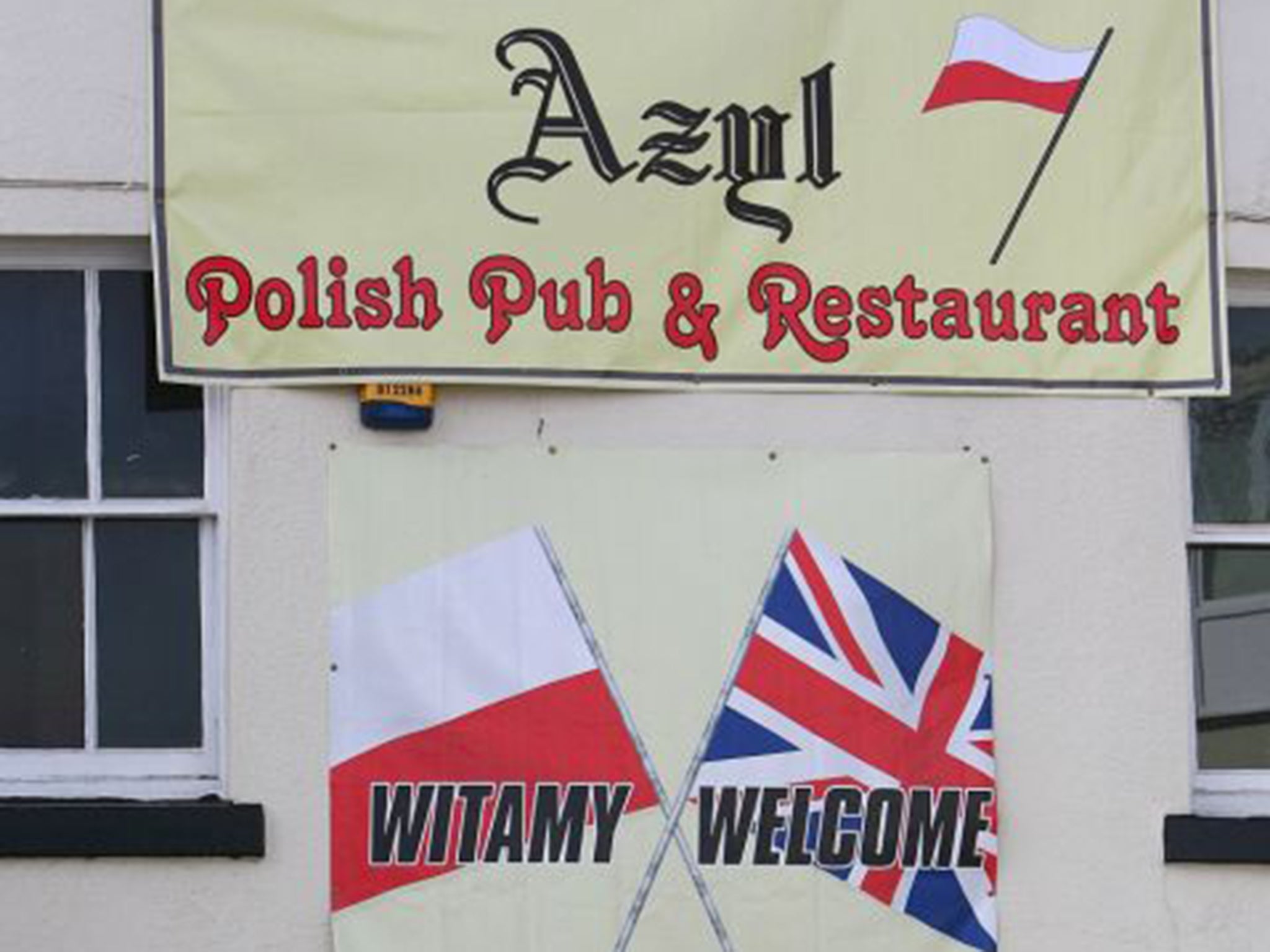As a new map of England shows, the Brexit vote is about the ethnic make-up of the UK
In my hundreds of street interviews, EU opposition almost always sounded something like: “We’re full”

This is Britain’s immigration referendum. When it comes to the ballot boxes, it will not be overregulation by Brussels, “the Swiss model” or the sovereignty of British courts deciding Leave of Remain. It will be the great unmentionable: are you comfortable with immigration and ethnic change?
Take a look at the Eurosceptic map of Britain. The pattern is strikingly clear in this new YouGov survey of 80,000 voters. Where immigration is experienced in the form of cheap Spanish nannies and willing Polish builders in London, or as skilled Austrian biochemists and French data architects in Oxford and York, the “Remain” campaign looks set to win. Where immigration is experienced, as it is in Lincolnshire, as fields of exploited Lithuanian fruit-pickers and Romanian gangmasters, or in Bradford as tense white and Kashmiri segregation, the “Leave” campaign is heading for success.
Covering British politics, I have driven up and down the country repeatedly this year and what I witnessed was a gulf between Eurosceptic activists and Eurosceptic voters. Activists, as always, are ideas-obsessed, ready to talk at length about Swiss-style trade pacts or our lost ties to what was once called the “white Commonwealth”. I detected, in passionate denouncements of Brussels stitch-ups, talk of a “plot against Britain”.
Eurosceptic voters could not be more different. In my hundreds of street interviews, EU opposition almost always sounded something like: “We’re full.”
In a country fast becoming an immigrant nation as diverse as the United States, this shouldn’t surprise us. Immigration, like industrialisation, is not inherently positive or negative. It is simply something that can be managed well, or managed badly. Britain is changing.
During the decades ahead most of our major cities will follow London and Leicester in becoming places where “white British” are the minority. A study from Oxford University estimates that by 2050, nearly 30 per cent of the population will be non-white.
When voters say they are worried about immigration, they do not mean whether 80,000 or 250,000 arrived that year. These numbers are totally abstract, meaningless to their reality. No, they are talking about something more profound: ethnic change. They mean changing street signs (“Polski Sklep”) and changing balances of power between cultures in their towns (“They want to impose sharia law”). In everyday English, “immigrants” means “ethnic minorities”, not “recent arrivals”.
The Leave campaign is, in fact, intensely aware that this has become an immigration referendum – and this is why it has chosen to mention the fact as little as possible. Many campaigners fear it becoming a referendum fought on liberal values.
I am strongly for In, but not so dogmatic to suggest that Eurosceptic voters are wrong to believe that voting to stay will further the ethnic transformation of Britain. Remaining in the EU or the Single Market (which most Outers propose doing) does mean a high rate of immigration from eastern Europe – perhaps some 1.5 million people every decade becoming a permanent feature of British life. So, are you happy with Britain becoming an immigrant nation? Tell me yes or no, and I can tell you whether you are In or Out.
Join our commenting forum
Join thought-provoking conversations, follow other Independent readers and see their replies
Comments